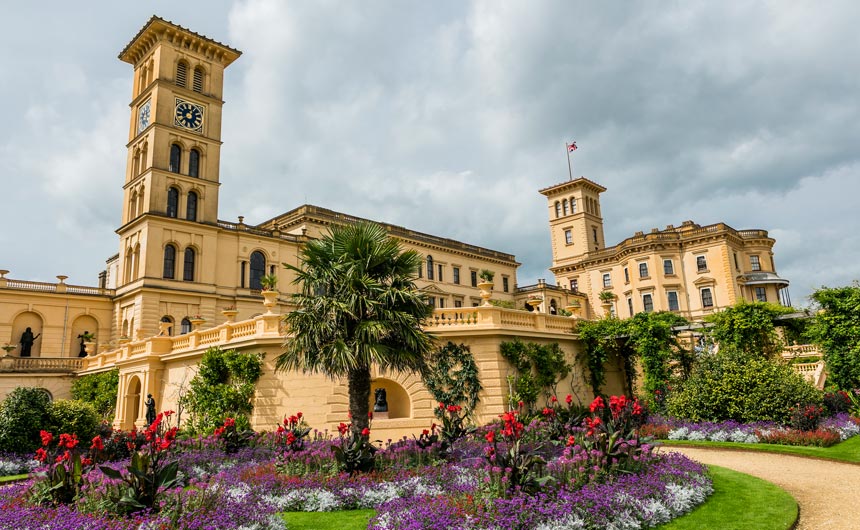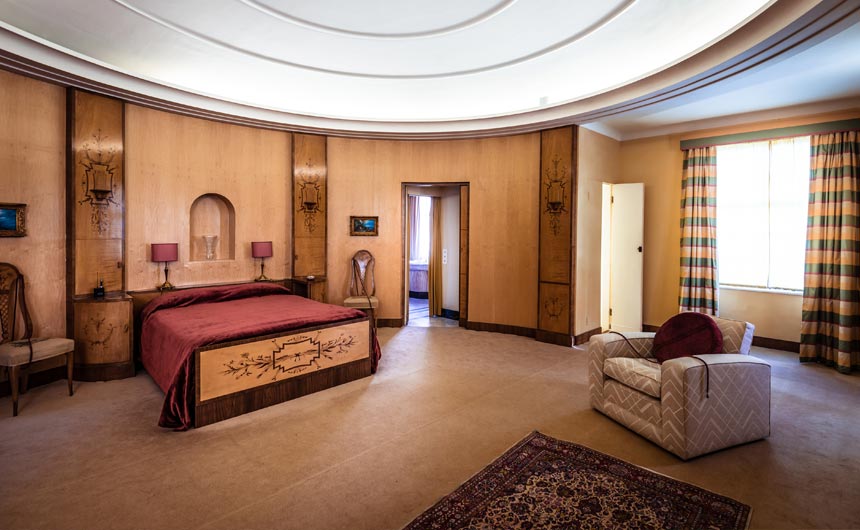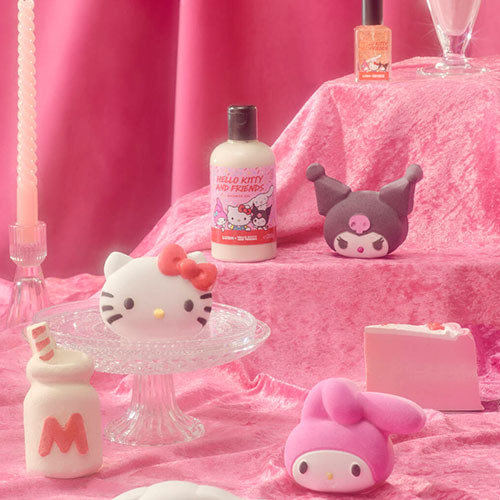LicensingSource finds out more about the licensing plans for one of the UK’s best known and most respected heritage brands.
By March 2020, English Heritage was welcoming 10million+ visitors per year, its website was being visited by 20 million web users per year, it had a 1 million+ membership and it was organising 800+ events per year. All further supported by a growing social media following.
All of which adds up to a strong brand profile platform for licensees, believes Helen Webster, who joined Golden Goose earlier this year to help develop the English Heritage and Tusk Trust licensing programmes.
“English Heritage wants people to experience the story of England where it actually happened so their sites and properties offer an imaginative, true to the story, carefully curated hands-on experience aimed at inspiring people of all ages,” Helen tells us. “Alongside this, English Heritage works to ensure their sites and properties – which include Stonehenge, Osborne House, Kenwood House and Dover Castle – and their thousands of historic artefacts are conserved and expertly cared for so as to be enjoyed by future generations.
“English Heritage is a brand with true relevance and purpose and that is what makes the licensing programme a very attractive proposition for retailers and consumers alike.”

Helen and the team at Golden Goose believe that the pandemic has defined a new category of goods and activities – new essentials – and that consumers of all ages and demographics are increasingly looking for real authenticity, purpose and intrinsic value in the things they do, buy and the brands they support.
“English Heritage embodies all of these attributes; from their purpose to conserve and present England’s history for and to future generations, from their status as a heritage charity, from the quality and authenticity of the visitor experience at their sites, events and retail stores, to the quality of the products they want to offer today’s newly informed, aspirational consumers,” Helen explains.
Since Covid-19, it’s undeniable that the home and garden have become hubs for a myriad of ‘new normal’ activities based on feeling healthy, safe and comfortable. These range from working from home, exercising and indulging in hobbies at home, celebrating important occasions with family and friends, while we also want our homes and gardens to look as inviting, stylish and comfortable as possible.
Helen continues: “Covid has also accelerated the consumer’s wish to make a difference and all the product categories relating to these new normal activities are seeing significant, consistent growth. English Heritage leans in to all of these new normal trends in a truly organic manner through its heritage, intrinsic value and purpose, all of which can give consumers the comfort and pride in knowing that – whether they are visiting an EH site or buying an EH licensed product – they too can make a difference as they blend history into their lives.”

To this end, product categories including soft and hard furnishings, wallpaper, décor, tableware, garden furniture, gardening, baby and nursery among others are some of the first to be discussed by Golden Goose. On top of this, the agency will also be looking at extending iterations of the brand values in food and confectionary, as well as greeting cards, stationery, toiletries, hobbies, plus arts and crafts for adults and children.
As well as the wealth of visitors – in-person and online – English Heritage also has an expanding patterns and design archive, a 25,000+ photographic library and, of course, the inspiration which can be taken from its many historic sites, stately homes, castles and gardens, so there is certainly a rich asset bank for licensees to create product collections.
And notably, the first tentpole licensee working across fabrics, wallpapers and home décor internationally will be revealed soon, teases Helen.
“Our main aim with the English Heritage licensing programme is to translate all that represents the brand into products that, depending on the product category and target consumer, are beautiful, useful, fun and/or aspirational while also offering true, intrinsic value for money,” she says.
While Helen says she would like to have the phase one product categories in place with partners and into product development by the end of 2021, she also makes it clear that English Heritage is a long-term proposition in licensing, not just in the UK, but internationally, too.
“While it’s clear from past activity that the English Heritage brand has enormous potential, this is really the first time that licensing is receiving the level of internal focus that it needs to achieve significant scale,” Helen concludes. “Because we are working directly with Kingston Myles (head of commercial development), we can leverage all of the English Heritage brand assets from the trademark to the collections archive and on to the multi-channel commercial operation which includes over 100 retail outlets, 35 cafes and a portfolio of holiday cottages.
“Having an expert point of contact with Kingston allows us to target the biggest potential categories and opportunities, and that is what we intend doing.”

Across the demographics
“There is plenty that English Heritage is already doing that appeals across the generations and actually, the English Heritage membership profile and visitor spread spans a wider demographic with nearly 500,000 member households and just under one million members,” explains Helen.
“Because the English Heritage experience is informative, fun and steeped in the history of the site where that history actually happened, English Heritage is ideally placed to cater for and is already benefitting from a growing number of families taking part in family days out at their stately homes, majestic gardens and medieval castles through an innovative programme of events and dynamic interpretation on site.
“The licensed product programme is being envisaged with kids, as well as adults, in mind.”































